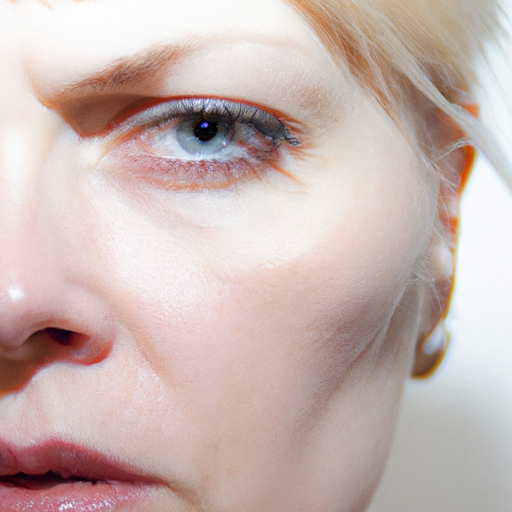As a medical professional, I have encountered numerous patients who grapple with the mystery of sensitive skin. This condition, often dismissed as trivial, can significantly impact an individual’s quality of life. Understanding the symptoms and causes of sensitive skin is the first step towards managing this condition effectively.
Sensitive skin refers to skin that is more reactive than normal. It is characterized by various symptoms such as redness, itching, burning, dryness, and a feeling of tightness. These symptoms can be triggered by a multitude of factors including environmental elements like sun exposure, cold or windy weather, and pollution. Chemical irritants found in certain skincare products, cosmetics, soaps, and detergents can also cause skin sensitivity.
The symptoms of sensitive skin can be sporadic or chronic, mild or severe. They may appear immediately after exposure to a trigger or may take hours or even days to manifest. This unpredictability often makes it difficult for individuals to identify the specific triggers causing their skin sensitivity.
Sensitive skin can affect any part of the body but is most commonly seen on the face. Facial skin is thinner and more exposed to environmental factors, making it more susceptible to sensitivity. Individuals with sensitive facial skin often struggle with finding suitable skincare products and cosmetics that do not aggravate their condition.
The causes of sensitive skin are multifaceted and complex. At its core, sensitive skin is caused by a compromised skin barrier function. The skin barrier serves as our body’s first line of defense against external irritants. When this barrier is weakened or damaged, it allows irritants to penetrate the skin more easily, leading to inflammation and sensitivity.
Several factors can contribute to a compromised skin barrier. Genetic predisposition plays a significant role. Individuals with a family history of sensitive skin or related conditions like eczema, rosacea, or psoriasis are more likely to have sensitive skin.
Age is another factor. As we age, our skin naturally becomes thinner and drier, making it more susceptible to sensitivity. Hormonal changes, particularly in women, can also affect skin sensitivity. Many women report increased skin sensitivity during different stages of their menstrual cycle, pregnancy, or menopause.
Lastly, lifestyle factors such as diet, stress levels, and skincare routines can impact skin sensitivity. A diet lacking in essential nutrients can weaken the skin barrier. High stress levels can trigger inflammation in the body, including the skin. Overly aggressive skincare routines involving harsh products or excessive exfoliation can strip the skin of its natural oils, damaging the skin barrier.
Understanding the symptoms and causes of sensitive skin is crucial for effective management. If you suspect you have sensitive skin, I recommend consulting a dermatologist. They can help identify your specific triggers and provide personalized advice on skincare routines and products suitable for your skin type.
In conclusion, sensitive skin is a complex condition influenced by various genetic, environmental, and lifestyle factors. By unmasking the mystery of sensitive skin, we can empower individuals to take control of their skin health and improve their quality of life.



